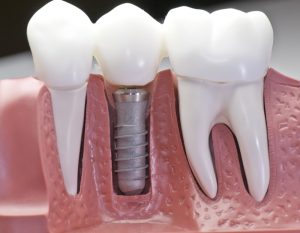Setting off on a road to achieve long-term success in muscle building requires a careful fusion of intense training, appropriate diet, and sufficient recovery. The choice of protein powder is crucial to the success of this nutritional approach. Making decisions might be intimidating due to the abundance of options. In order to assist you in making an informed choice that will effectively support your long-term muscle-building goals, this article seeks to simplify the complications.
Knowing the Different Types of Proteins
Understand the differences between different protein powders before beginning the selecting process:
Whey Protein
Whey protein is well known for having a rich profile of important amino acids and for digesting quickly. It enhances muscle protein synthesis, making it the perfect supplement for use after a workout. Whey concentrate, whey isolate, and whey hydrolysate are the three primary types available.
Casein Protein
A slow-digesting protein that releases amino acids gradually. It works well as a nocturnal food or as a snack in between meals to keep the nitrogen balance positive.
Soy Protein
For vegans and vegetarians, soy protein offers a plant-based substitute. Even though it has every important amino acid, it might not be as effective as whey at building muscle.
Pea Protein
Rich in branched-chain amino acids (BCAAs) and easily digested, pea protein offers an additional plant-based choice. For people who are intolerant to lactose, it is a good option.
Egg White Protein
Containing every necessary amino acid, egg white protein is a comprehensive source of protein. Perfect for people who are allergic to soy or dairy products.
Things to Take Into Account:
Protein Content
Give top priority to protein powders that have a minimum of 20–25 grams of protein per serving. This guarantees you get the amount of protein you need each day.
Amino Acid Profile
Find a protein powder that has a balanced composition of the essential amino acids, with an emphasis on the three BCAAs (leucine, isoleucine, and valine). Specifically, leucine is essential for the production of muscle proteins.
Take Allergens into Account
Select a protein powder that complies with any dietary requirements or allergies you may have. Dairy, soy, and gluten are common allergies.
Conclusion
The ideal protein powder for long-term muscle building depends on a number of factors, including cost, digestion, allergies, protein type, amino acid profile, and purpose of use. Make a decision that satisfies your requirements, dietary restrictions, and preferences. Whichever form of protein you choose, whey, casein, plant-based, or egg white a superior product will make a big difference in your quest to gain muscle. Recall that for best effects, protein supplements should be taken in addition to a regular exercise program and a well-balanced diet. Making an educated choice will improve your nutritional approach, promoting long-term muscle gain and overall success in fitness.






